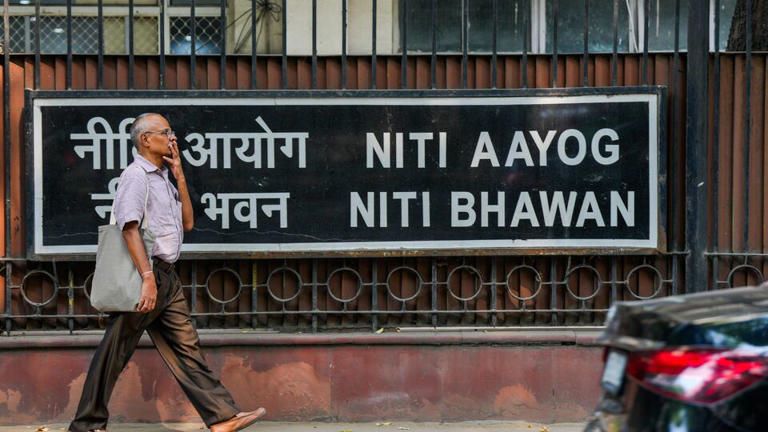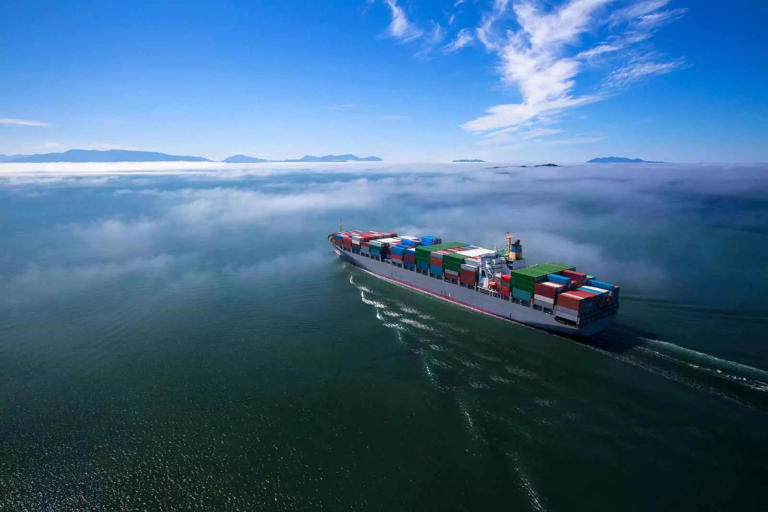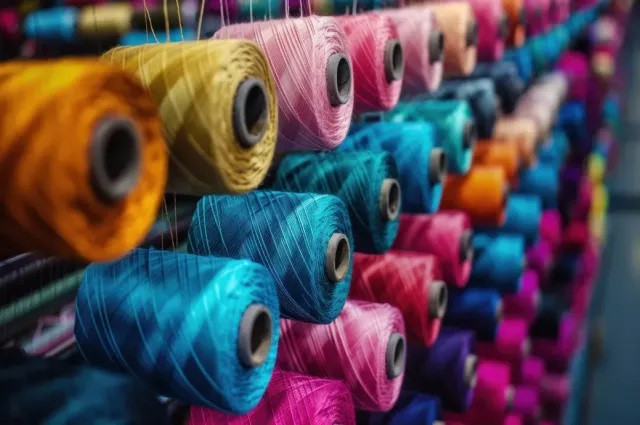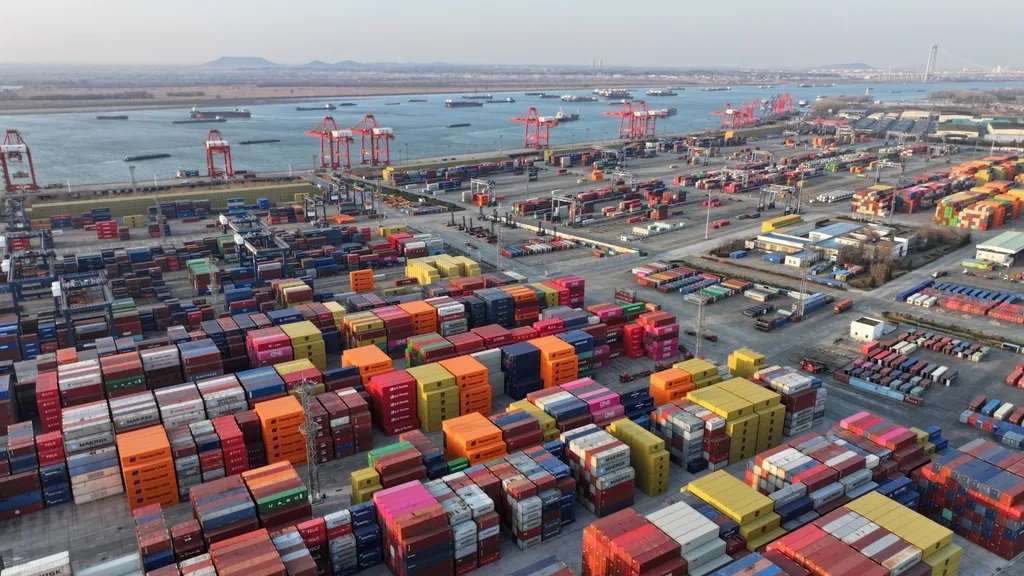The Cellulose Fibres Conference 2025, held on 12–13 March in Cologne, Germany, drew leading industry experts, researchers, and innovators to explore sustainable fibre solutions across textiles, hygiene, and packaging. The event reinforced its position as the premier global platform for the cellulose fibre sector, offering two days of high-quality presentations and robust discussions on advancing eco-friendly technologies.
Cellulose fibres such as viscose, lyocell, and modal, traditionally made from wood-based pulp, are now being complemented by innovations using agricultural waste, recycled textiles, and paper-grade pulp. This shift toward alternative raw materials reflects the industry's growing focus on sustainability and circular economy practices.
This year, biosynthetics were introduced for the first time, gaining significant attention. Experts explored challenges in scale-up, biodegradability, and performance compared to fossil-based synthetics. Sessions covered fibre-to-fibre recycling, marine biodegradability, microplastic reduction, and cutting-edge technologies for pulp and fibre development.
Rahul Bansal of Birla Cellulose highlighted the event’s importance for global collaboration, noting rising investments in cellulose-based product development. Andreas Engelhardt of The Fiber Year reported an annual global capacity expansion of 200,000 tonnes, while Marina Crnoja-Cosic of Textile ETP projected 17 per cent annual growth from 2024 to 2029, driven mainly by Lyocell. Simone Seisl added that Lyocell is replacing declining cotton production due to climate change.
To support future development, CIRFS proposed a unified cellulose fibre standard, including types like viscose, modal, lyocell, and emerging fibres. The proposal received strong backing, including from Ikea, which expressed interest in scaling up cellulose fibre usage.
A key highlight was the ‘Cellulose Fibre Innovation of the Year 2025’ award. SA-Dynamics (Germany) won for biodegradable cellulose aerogel insulation textiles. Releaf Paper France earned recognition for converting urban leaf waste into fibres, and Uluu (Australia) impressed with seaweed-derived PHA polymers as plastic alternatives in textiles.
Sponsors like GIG Karasek, Birla Purocel, List Technology AG, Valmet, and Dienes played vital roles in the conference’s success. Social media engagement extended the event’s reach, while on-site networking tools fostered collaboration. A traditional German bowling night added a social touch to the proceedings.
With growing momentum, CFC 2025 reaffirmed the industry's commitment to advancing sustainable, bio-based textile solutions.












